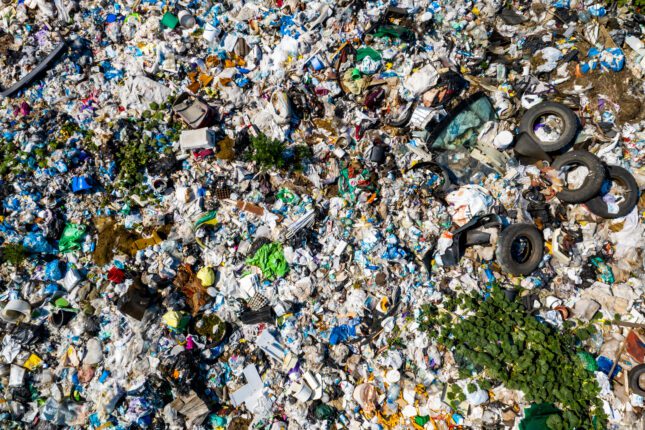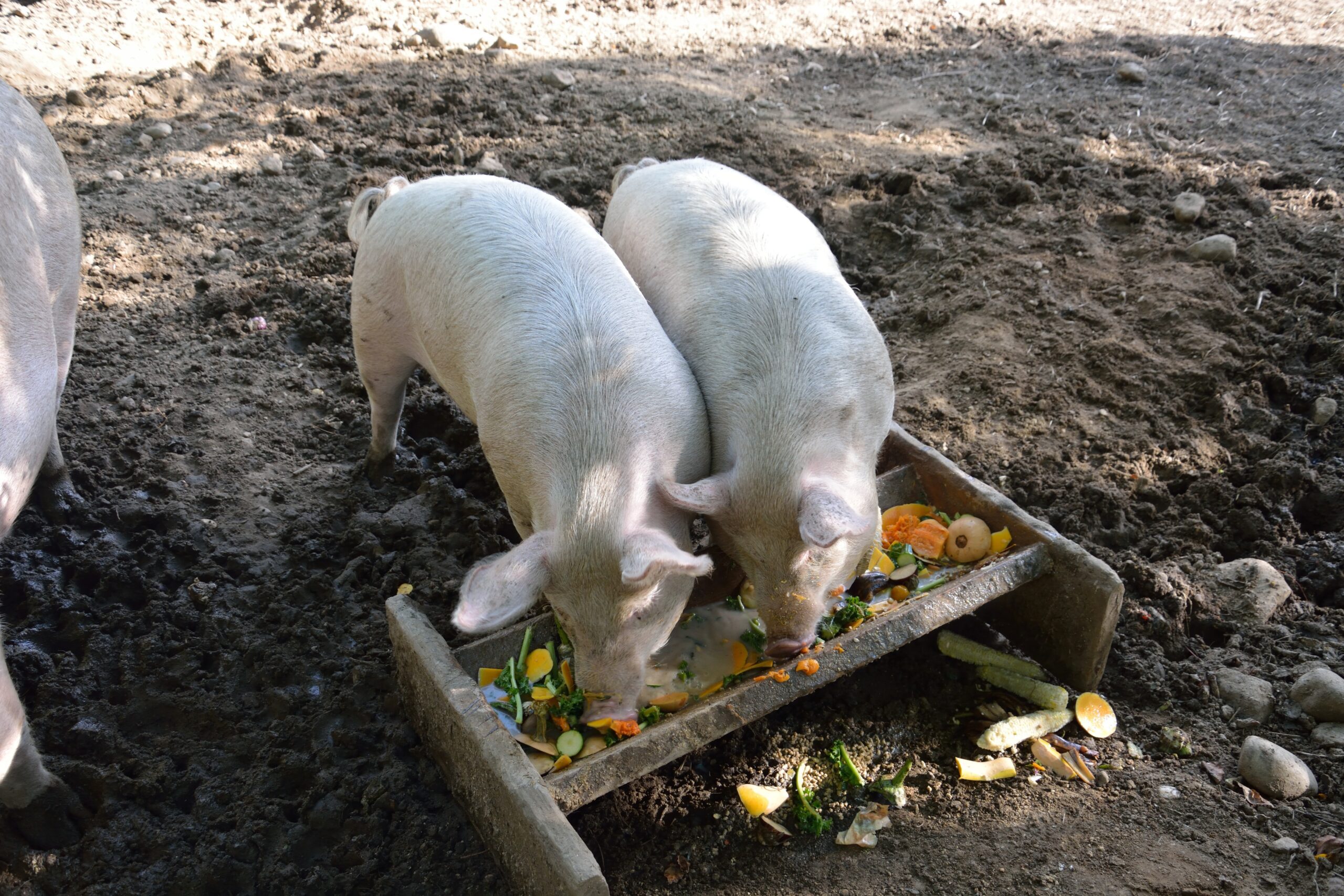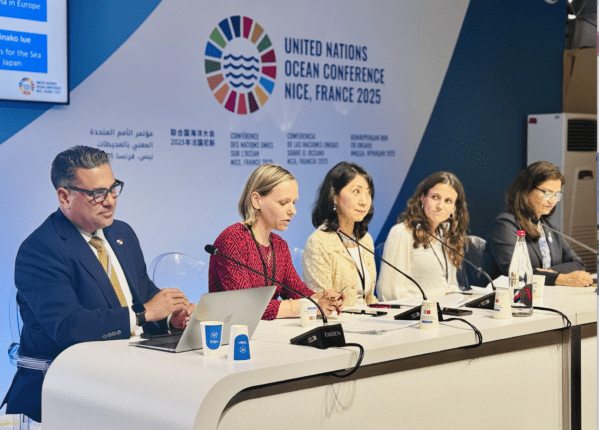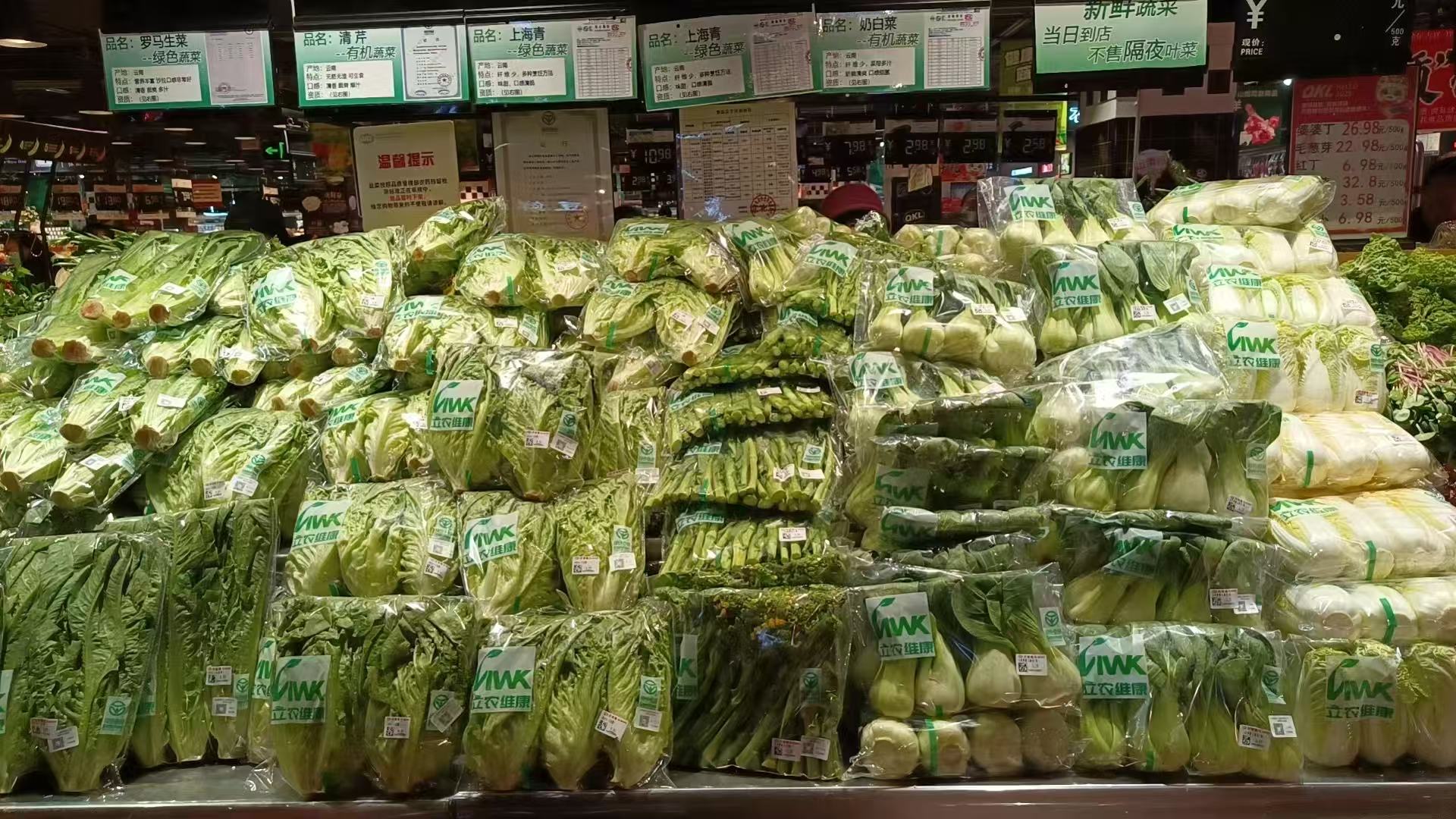-
Environmental Security Weekly Watch: September 8-12, 2025
›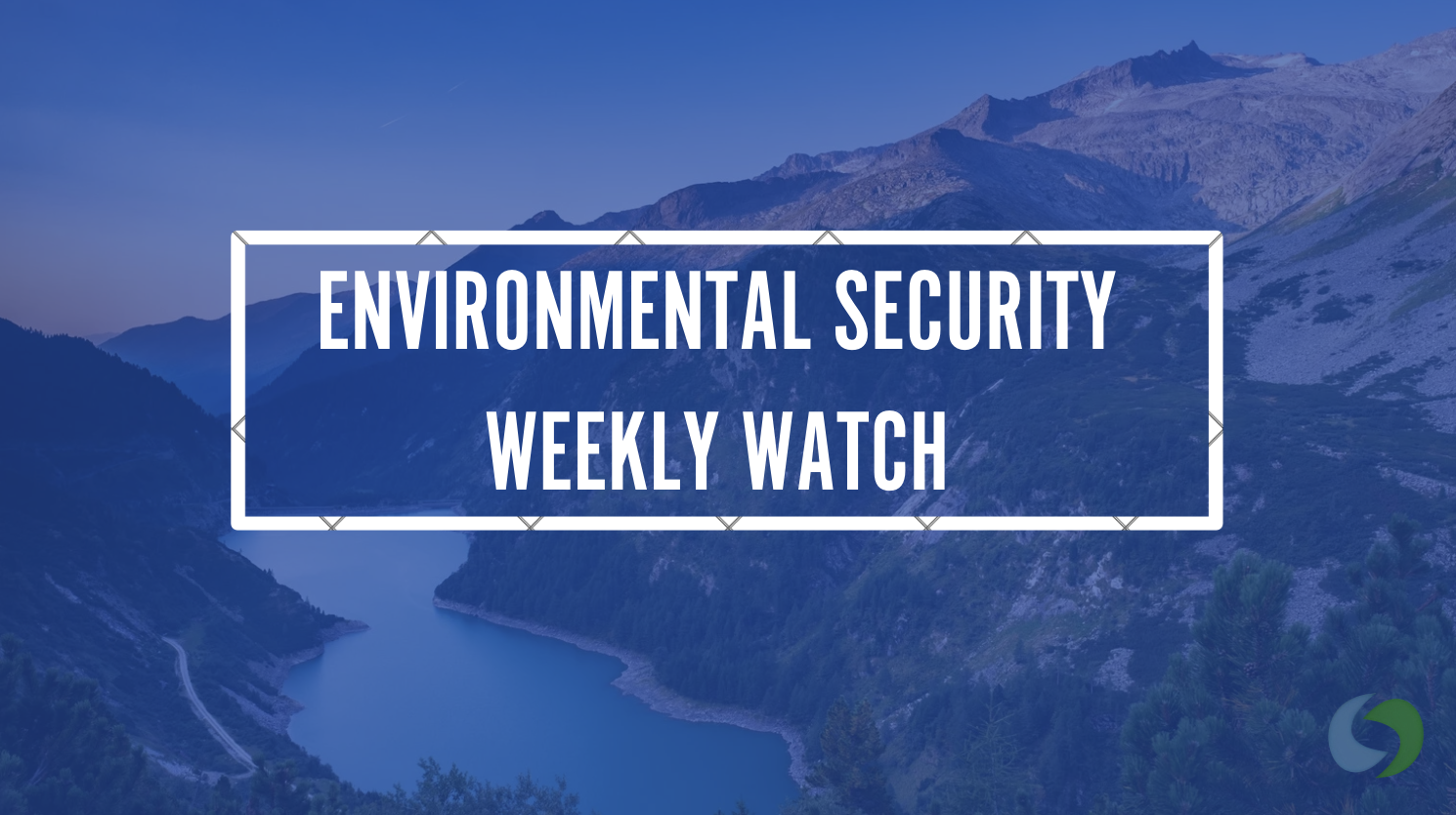
A window into what we’re reading at the Stimson Center’s Environmental Security Program
New Report On Women’s Access to UN Indigenous and Community Land Rights Funding (Mongabay)
A study published by the Rights and Resources Initiative and the Women in the Global South Alliance reveals that despite the central role women play in conservation and community resilience, 50% of women’s organizations lack core funding and rely heavily on volunteer labor. The report assessed how network members are benefitting in real terms from the $1.7 billion in funding for Indigenous and community land rights pledged at the 2021 UN climate conference.
-
Environmental Security Weekly Watch: August 18-22, 2025
›
A window into what we’re reading at the Stimson Center’s Environmental Security Program
Bolivian Presidential Vote Raises Environmental Concerns (Associated Press)
Bolivia’s presidential runoff election on October 19 between centrist Senator Rodrigo Paz and right-wing former president Jorge “Tuto” Quiroga has seen both candidates promise change. Yet Indigenous and environmental leaders remain skeptical that either hopeful will effectively address Bolivia’s severe environmental crises.
-
Environmental Security Weekly Watch: August 11-15, 2025
›
A window into what we’re reading at the Stimson Center’s Environmental Security Program
The Mining Town Funding Congo’s Rebels and Tech Giants (Reuters)
In April 2024, the M23 rebel group seized control of Rubaya, a mining town that produces 15% of the world’s coltan—a critical mineral worth used in mobile phones, computers, and aerospace components. Rebels imposed a parallel administration in the town, and placed a 15% tax on mineral traders that generates $800,000 monthly from levies. Thousands of impoverished miners in the town, however, still work 12-hour shifts in dangerous conditions earning just $5.15 per day.
-
Will the Global Plastics Treaty Safeguard Health?
›August 13, 2025 // By Dr. Philip J. Landrigan
Global plastic production is increasing almost exponentially. Not only has it grown 250-fold since the 1950s, but it is on track to double by 2040, and nearly triple by 2060. The waste associated with its creation has accumulated in parallel. An estimated 8 billion metric tons of discarded plastic now pollute the planet, breaking down into micro-and nanoplastic particles (MNPs) that are ubiquitous in the environment.
-
Environmental Security Weekly Watch: August 4-8, 2025
›
A window into what we’re reading at the Stimson Center’s Environmental Security Program
A Water Security Crisis Grips Pakistan’s Indus Delta (Al-Jazeera)
The Indus delta in Pakistan is experiencing severe environmental collapse as seawater intrusion makes farming and fishing impossible. Salinity levels have risen 70% since 1990, forcing tens of thousands from coastal districts. Over 1.2 million people from the broader delta region have abandoned their homes in the past two decades. The construction of irrigation canals and hydropower dams, compounded by the impacts of climate change on glacial melt, has accelerated the crisis and reduced downstream flow by 80% since the 1950s. More than 16% of fertile Indus delta land has become unproductive, as salt crusts cover the ground and boats must transport drinking water to the region’s remaining villages.
-
Tapping an Innovative Climate Solution: Upscaling Food Waste to Animal Feed in Japan and China
›The numbers are staggering. A third of the food produced in the world is lost or wasted—from farms and food processing factories to grocery stores, restaurants, and homes. This growing mountain of rotting food is a major methane emitter, accounting for 8 to 10 percent of global greenhouse gas emissions. If food waste were a country, it would be the third largest greenhouse gas emitter, with the United States and China as leading food wasters.
-
Three Takeaways From the Third UN Ocean Conference
›July 10, 2025 // By Carolyn Gruber
“There cannot be a healthy planet without a healthy ocean. It’s urgent business for us all,” said U.N. special envoy for the ocean, Peter Thomson, at last month’s UN Ocean Conference (UNOC).
Hosted in Nice, France, the conference brought together more than 15,000 political leaders, scientists, civil society, the private sector, academic institutions, Indigenous peoples, local communities, and philanthropic organizations with the goal of identifying innovative ways to finance and mobilize action for the ocean.
-
Unwrapping the Cucumber: Q&A with Friends of Nature’s Jinghua Sun on the Hidden Crisis of Produce Plastic Packaging
›A few days ago, I bought a cucumber at the grocery store. Hermetically sealed in a layer of plastic as if bracing itself for interstellar travel rather than a trip to my kitchen, I struggled to open it, my patience thinning with the plastic. At one point I considered using my teeth. That’s when it hit me: was this really necessary?
Showing posts from category waste.



